That was the warning raised by experts, managers, and editorial leaders at the discussion session "Artificial intelligence and digital transformation strategies of Vietnamese press offices" within the framework of the National Press Forum, on the morning of June 20 in Hanoi .
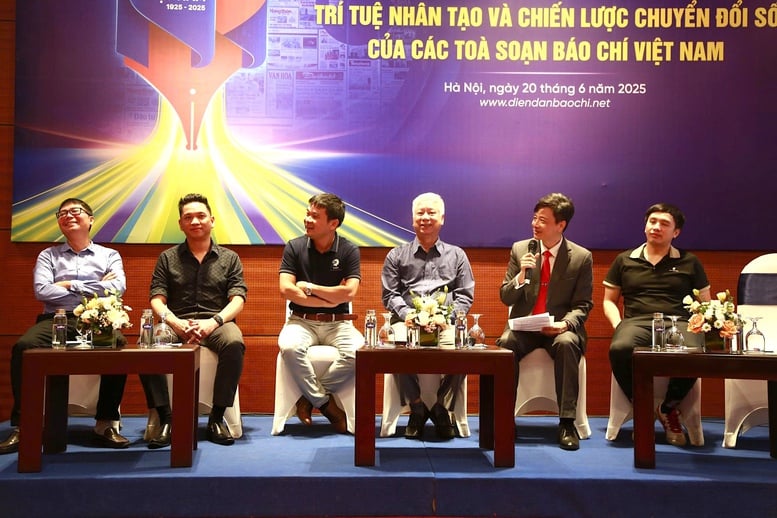
Speakers share at the discussion session - Photo: VGP/Van Hien
The discussion session attracted the participation of journalists, technology experts and a large number of readers interested in digital transformation in the field of journalism and media.
Mr. Nguyen Quang Dong, Director of the Institute for Policy Studies and Media Development (IPS), said that more than 60% of surveyed press agencies have used AI tools such as ChatGPT, Gemini, Copilot... in content production stages, from suggestion, editing, and information synthesis. However, the current application is still fragmented, lacking strategic vision, and mainly operating spontaneously and personalized. According to Mr. Dong, the three major problems that are hindering the effectiveness of AI application in press offices are: Misplaced focus on AI application (over-emphasizing tools, less attention to processes); lack of strategy and overall approach at the organizational level; lack of financial resources and specialized personnel.
Mr. Dong also warned of the risk of losing readers as information access behavior gradually shifts from search engines to synthetic AI platforms. Along with that, advertising revenue continues to decline, creating an urgent need to innovate the newspaper business model in the digital age.
Sharing practical experience, Mr. Dao Quang Binh, General Director and General Secretary of Vietnam Economic Magazine, said that the editorial office has successfully developed its own AI tool called Askonomy, which is trained entirely on internal data, helping to translate articles quickly and accurately, reducing the workload for editors and tightly controlling content. Askonomy has now been integrated into the CMS system, can process content at high speed, reading and understanding text with 95% accuracy in just 7 seconds. In addition, Vietnam Economic Magazine has also developed the Asko Platform, opening up a separate direction for technology-independent editorial office models.
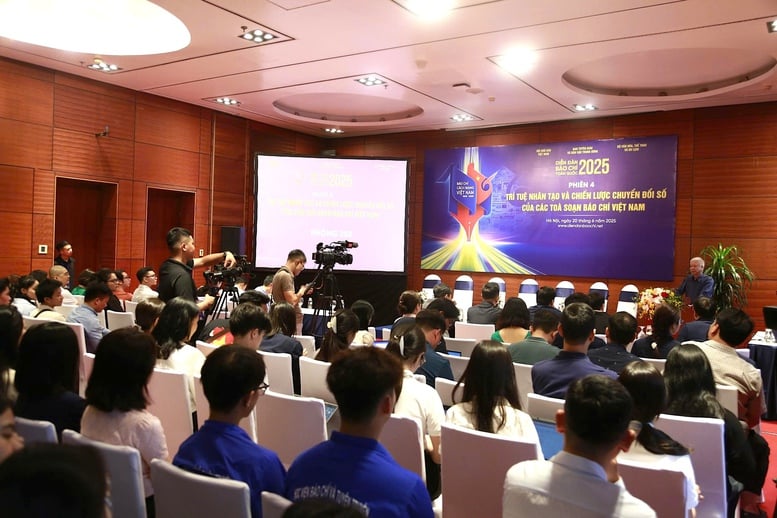
Scene of the discussion session - Photo: VGP/Van Hien
From the perspective of copyright protection, technology expert Dinh Toan Thang emphasized the trend of combining AI with watermark encryption technology, multi-layer data signing and DRM technology (digital rights management) to protect press content from the risk of being copied and misquoted.
The sharing at the forum showed that AI is opening up great opportunities for the press but also poses many challenges in terms of governance, professional ethics and business models. Successful digital transformation is not just about applying technology, but must be a comprehensive strategy, focusing on people and journalistic values.
As readers’ information access behavior changes, the journalism business model needs to be reshaped. AI may be an extension, but the core values of journalism must remain at the heart: reliability, authenticity, and strong political will.
Van Hien
Source: https://baochinhphu.vn/intelligence-human-revolution-and-politics-in-the-digital-field-in-vietnamese-newspapers-102250620120311238.htm




![[Photo] General Secretary To Lam chairs the 14th Central Military Commission Conference](https://vphoto.vietnam.vn/thumb/1200x675/vietnam/resource/IMAGE/2025/6/20/a9d25fc6dd664fb9a3757502f32e5db0)



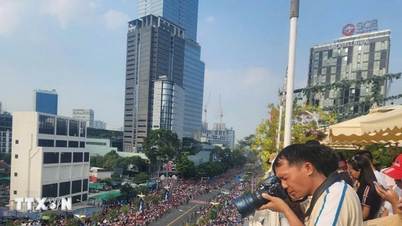

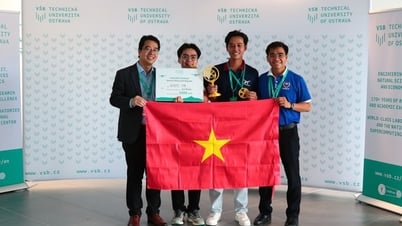














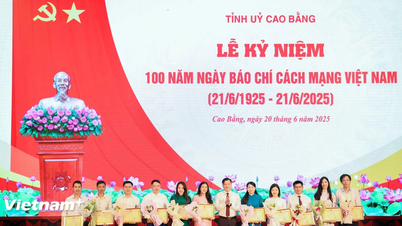
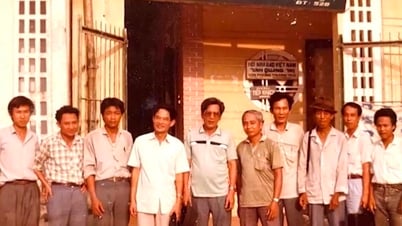







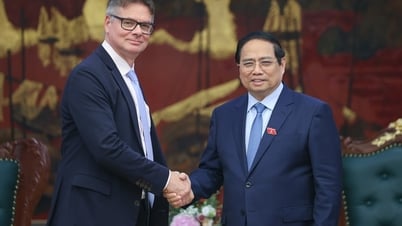


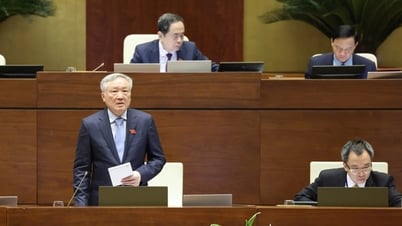

























![[Maritime News] Wan Hai Lines invests $150 million to buy 48,000 containers](https://vphoto.vietnam.vn/thumb/402x226/vietnam/resource/IMAGE/2025/6/20/c945a62aff624b4bb5c25e67e9bcc1cb)





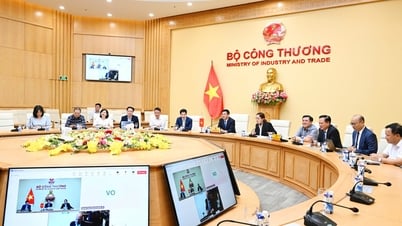



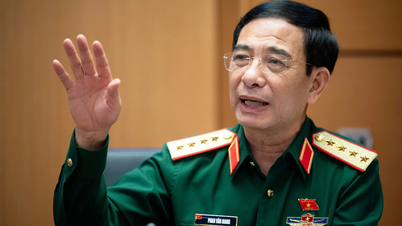

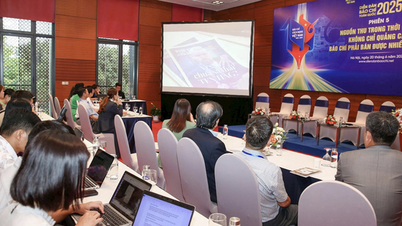






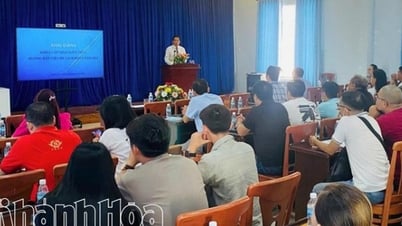










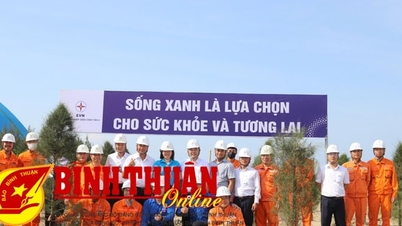













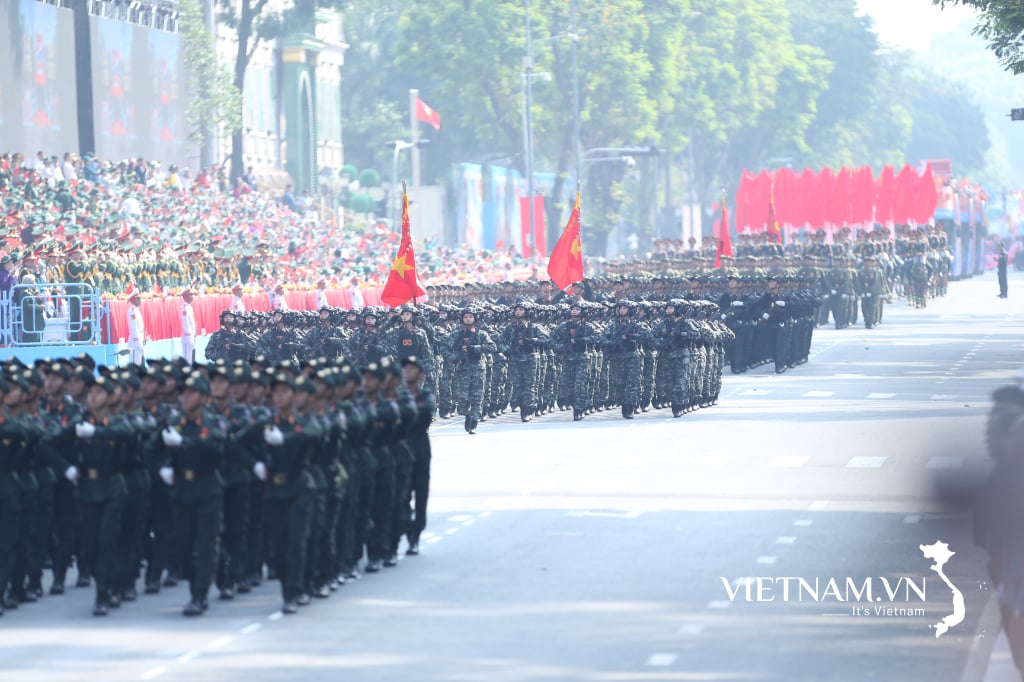

Comment (0)